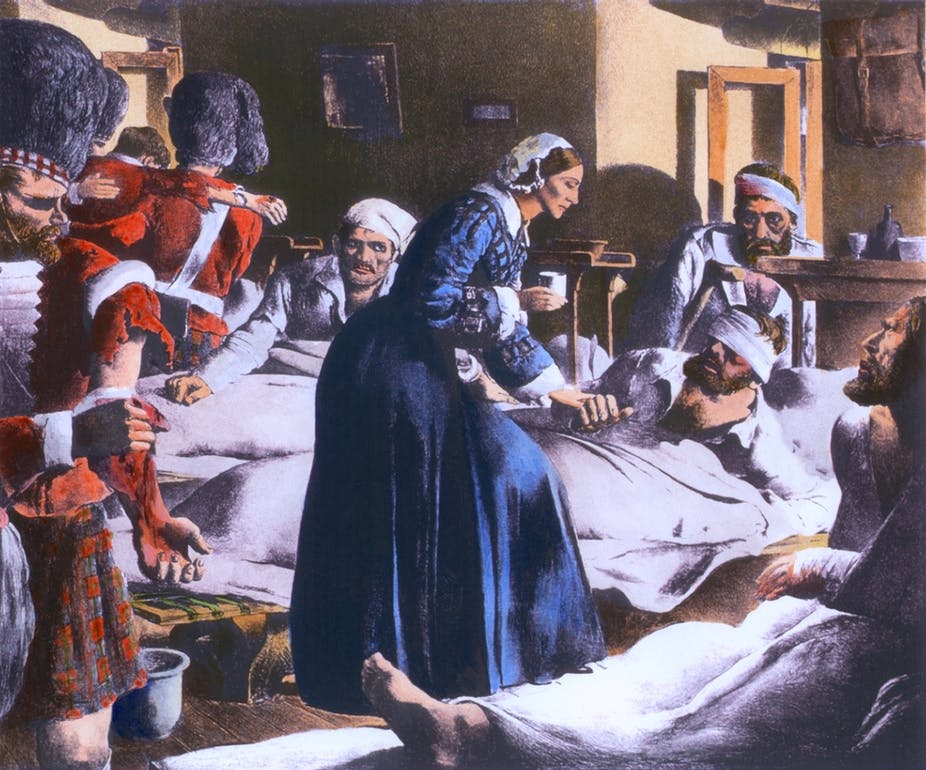“So never lose an opportunity of urging a practical beginning, however small, for it is wonderful how often in such matters the mustard-seed germinates and roots itself.”
Introduction
Chances are for many of you, you know somewhere that data is valuable, but your organsation is struggling to unlock the power of your data and use it create change in the world.
So what makes it so valuable?
Put simply, when done well data supports you in creating change in the world. It can facilitate every part of your organisation so that it can work better to create change and support your beneficiaries.
Research (Source) shows that organisations that use data exceptionally well (score highly on data maturity) benefited very significantly from:
- Improved outcomes and impact
- Saved money
- Increased credibility and influence
- Strengthened partnerships
- Improved products and services
- Increased income
- Improved planning and decision making
“In sum, engaging with data/infrastructure empowers these pioneering communities to tackle social causes, be self-sufficient, increase their societal impact, produce new insights and generate transparency, find new business models able to sustain data projects, and even identify new exciting challenges.”

Data can also be of benefit by supporting you in advocating for change.
In this way, using data to support non-profits and their campaigns isn’t new. Florence Nightingale was a pioneer in using data and statistics to further her work. She used data to identify that unclean health practices were the cause of many deaths in hospital in 1856 during the Crimean war and she’s known for her beautiful data visualizations.
Florence Nightingale used data to advocate for change because she understood the power that it had.
It provides a different way for people to bear witness to some of the most difficult things in this world. Something this study refers to as data witnessing.
For many of your donors, they won’t necessarily directly experience the hardships or the magnitude of the problems which you are trying to solve but you can use data to help them bear witness to it.
Kennedy and Hill in their research on The Feeling of Numbers found that individuals can experience strong emotions when a well put together graph or ‘data visualization’ can convey for the first time the extent of or the seriousness of a problem.
“The subject matter of visualisations provoked strong emotional reactions amongst participants, including pleasure, anger, sadness, guilt, shame, relief, worry, love, empathy, excitement, offence.”
(Source)
As a result, it can be a powerful communication tool supporting you in advocating for change, and inspiring people into action.
Summary
Data may be one of the largest untapped assets within your organisation right now. Research has shown that those organisations high on data maturity benefited from improved outcomes and impact, cost efficiency and increased income. Data can be used across your organisation to facilitate you in creating the change you want to see in the world. How do you use your data? Let us know in the comments below.

